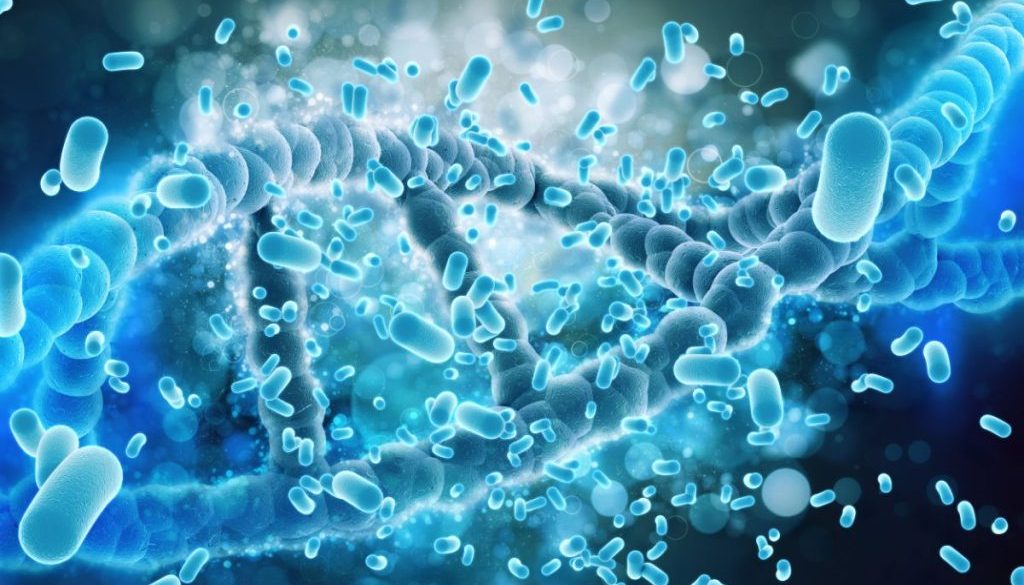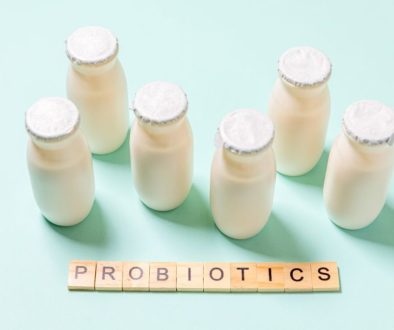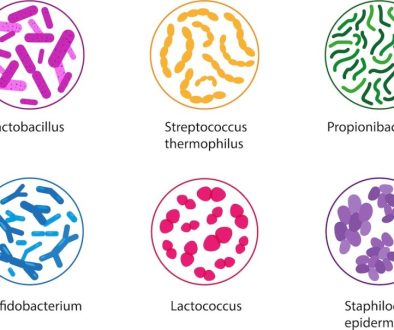Definition and Overview of Probiotics
What Are Probiotics?
Probiotics are live microorganisms that, when administered in adequate amounts, confer a health benefit to the host. They are often referred to as “good” or “friendly” bacteria, as they help maintain a healthy balance of gut flora and contribute to overall health. Probiotics are commonly found in fermented foods, dietary supplements, and certain dairy products.
Historical Context
The concept of probiotics dates back to the early 20th century, when Russian scientist Élie Metchnikoff proposed that the consumption of fermented milk products containing beneficial bacteria could promote longevity and health. His work laid the foundation for the modern understanding of probiotics and their role in human health.
Types of Probiotics
Probiotics can be classified into various species and strains, each with unique health benefits. The most common genera of probiotics include:
- Lactobacillus: Found in yogurt and fermented foods, this genus is known for aiding digestion and producing lactic acid, which helps inhibit the growth of harmful bacteria.
- Bifidobacterium: These bacteria are prevalent in the intestines of infants and are known to support immune function and gut health.
- Saccharomyces: A genus of yeast, Saccharomyces boulardii is often used to prevent and treat diarrhea.
Health Benefits of Probiotics
Research has shown that probiotics can provide a range of health benefits, including:
- Digestive Health: Probiotics can help alleviate symptoms of digestive disorders such as irritable bowel syndrome (IBS), diarrhea, and constipation by restoring the natural balance of gut bacteria.
- Immune Support: Probiotics may enhance the immune response, helping the body fight infections and reduce the incidence of respiratory illnesses.
- Mental Health: Emerging studies suggest a connection between gut health and mental well-being, indicating that probiotics may help reduce symptoms of anxiety and depression.
- Weight Management: Some research indicates that certain probiotic strains may assist in weight loss and fat reduction by influencing appetite-regulating hormones.
Sources of Probiotics
Probiotics can be obtained through various dietary sources, including:
- Fermented Dairy Products: Yogurt, kefir, and certain cheeses are rich in probiotics.
- Fermented Vegetables: Sauerkraut, kimchi, and pickles often contain beneficial bacteria.
- Supplements: Probiotic capsules and powders provide concentrated doses of specific strains.
Safety and Considerations
While probiotics are generally considered safe for most people, individuals with weakened immune systems or underlying health conditions should consult a healthcare professional before starting any probiotic regimen. It is essential to choose products with proven strains and viable cell counts to ensure efficacy.
References
- Hill, C., Guarner, F., Reid, G., et al. (2014). “Expert Consensus Document: The International Scientific Association for Probiotics and Prebiotics Consensus Statement on the Scope and Appropriate Use of Probiotics.” Nature Reviews Gastroenterology & Hepatology, 11(8), 506-514.
- Suez, J., Zmora, N., Segal, E., & Elinav, E. (2019). “You Are What You Eat: How the Gut Microbiome Affects Our Health.” Nature Reviews Microbiology, 17(4), 206-220.
- O’Toole, P.W., & Cooney, J.C. (2008). “Probiotic Bacteria Influence the Gut Microbiota.” International Dairy Journal, 18(3), 239-247.




